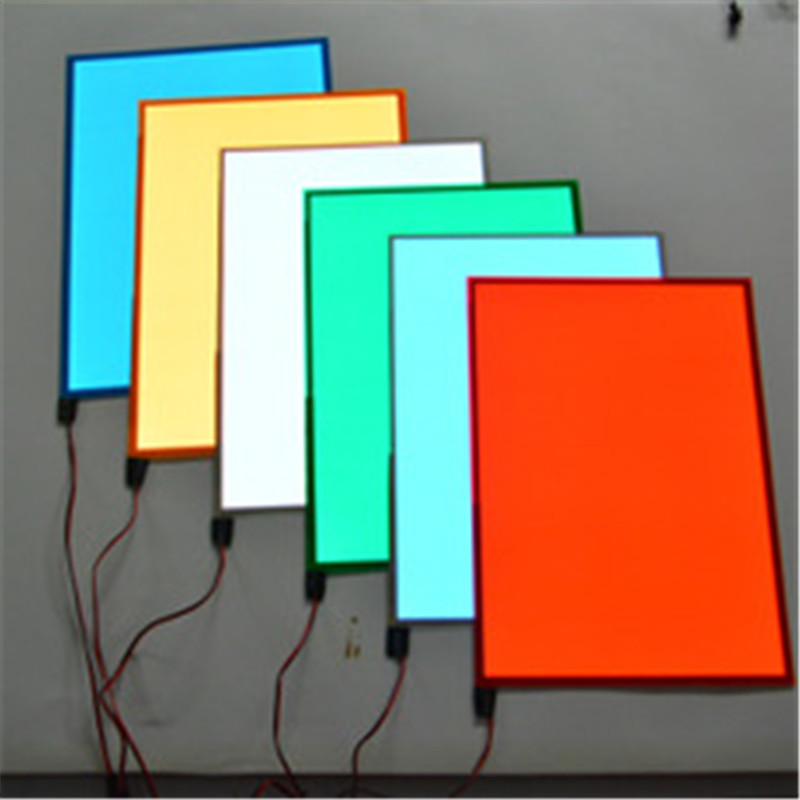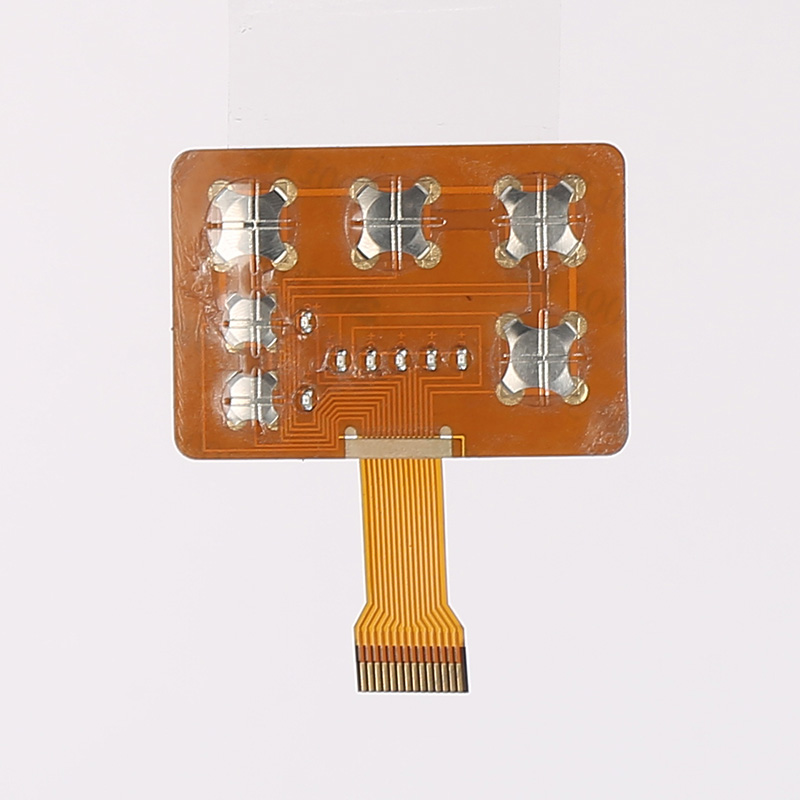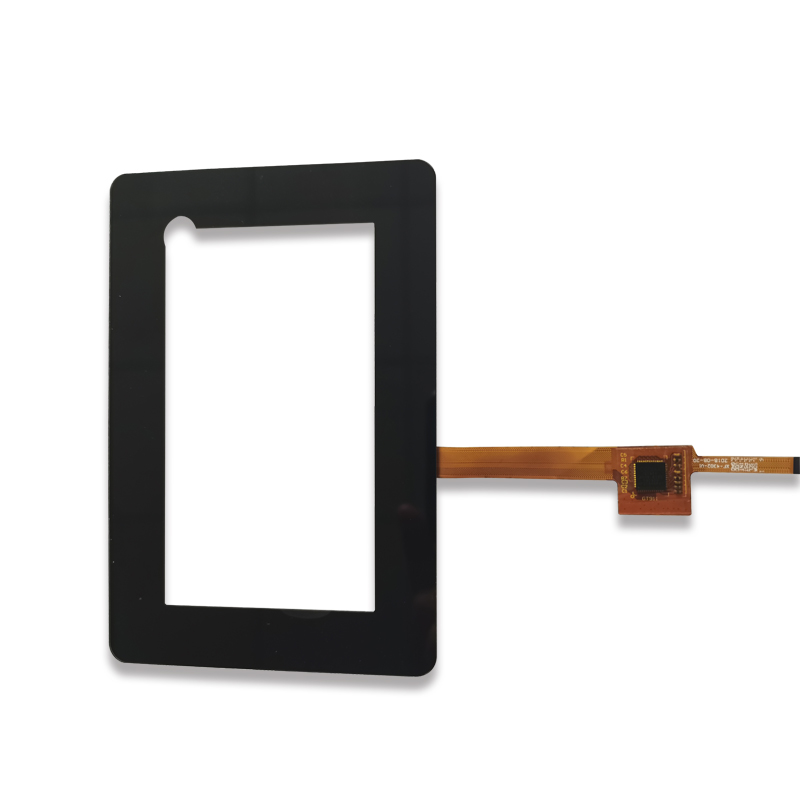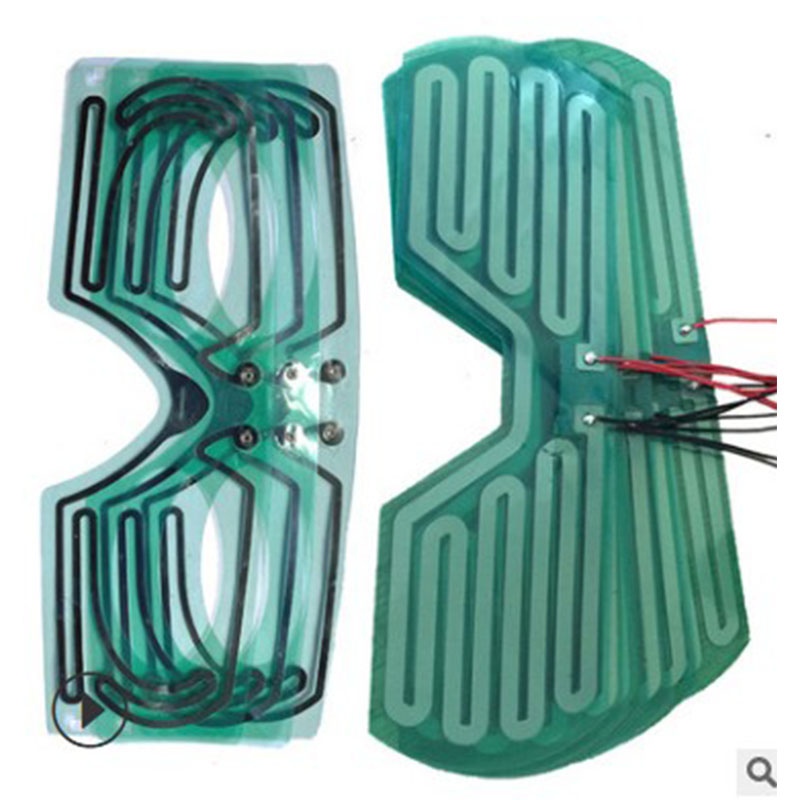Chinese Professional Monochrome Lcd - TFT-LCD membrane switch – Xinhui
Chinese Professional Monochrome Lcd - TFT-LCD membrane switch – Xinhui
Chinese Professional Monochrome Lcd - TFT-LCD membrane switch – Xinhui Detail:
Features
LCD has replaced CRT as the mainstream, and the price has dropped a lot, and it has become fully popular.
According to different backlight sources, LCD can be divided into two types: CCFL and LED.
Misunderstanding:
Many users believe that liquid crystal displays can be divided into LEDs and LCDs. To some extent, this understanding is misguided by advertisements.
The LED display on the market is not a true LED display. To be precise, it is an LED-backlit liquid crystal display. The liquid crystal panel is still a traditional LCD display. In a sense, this is somewhat fraudulent. nature! South Korea’s Samsung was once convicted by the British Advertising Association as violating the country’s advertising laws because its “LEDTV” LCD TVs were suspected of misleading consumers. For liquid crystal displays, the most important key is its LCD panel and backlight type, while the LCD panels of displays on the market generally use TFT panels, which are the same. The difference between LEDs and LCDs is that their backlight types are different: LED The backlight and CCFL backlight (that is, fluorescent lamps) are diodes and cold cathode lamps, respectively.
LCD is the acronym for Liquid Crystal Display, which means “liquid crystal display”, that is, liquid crystal display. The LED refers to a type of liquid crystal display (LCD), that is, a liquid crystal display (LCD) with LED (light emitting diode) as the backlight source. It can be seen that LCD includes LEDs. The counterpart of LED is actually CCFL.
CCFL
Refers to a liquid crystal display (LCD) with CCFL (cold cathode fluorescent lamp) as the backlight source.
The advantage of CCFL is good color performance, but the disadvantage is higher power consumption.
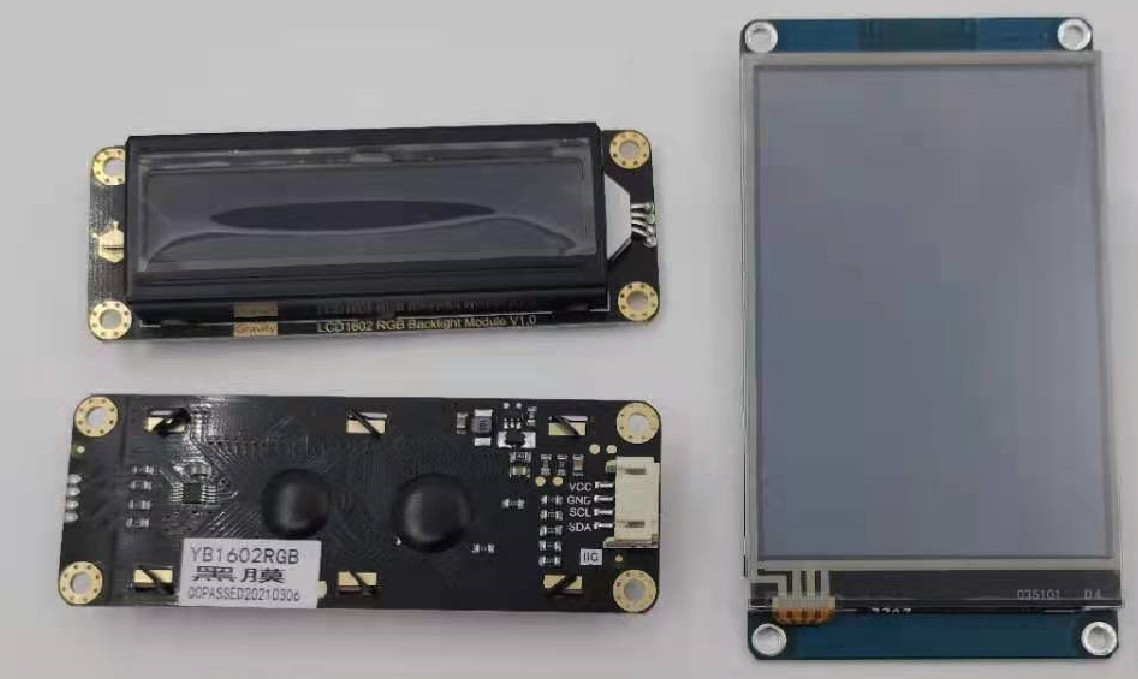
LED
Refers to a liquid crystal display (LCD) that uses LEDs (light emitting diodes) as a backlight source, and generally refers to WLEDs (white light LEDs).
The advantages of LED are small size and low power consumption. Therefore, using LED as a backlight source can achieve high brightness while taking into account lightness and thinness. The main disadvantage is that the color performance is worse than that of CCFL, so most professional graphics LCDs still use traditional CCFL as the backlight source.
Technical Parameters
Low cost
Generally speaking, reducing costs has become an important rule for companies to survive. Throughout the development history of TFT-LCD, it is not difficult to find that increasing the size of glass substrates, reducing the number of masks, increasing base station productivity and product yield, and purchasing raw materials nearby are the continuous efforts of many TFT-LCD manufacturers. .
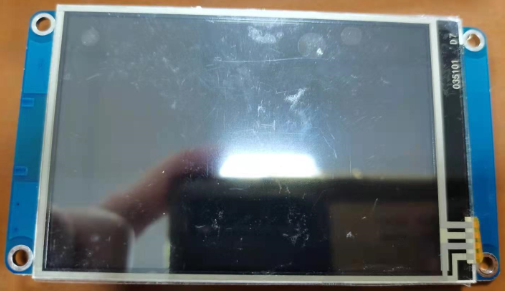
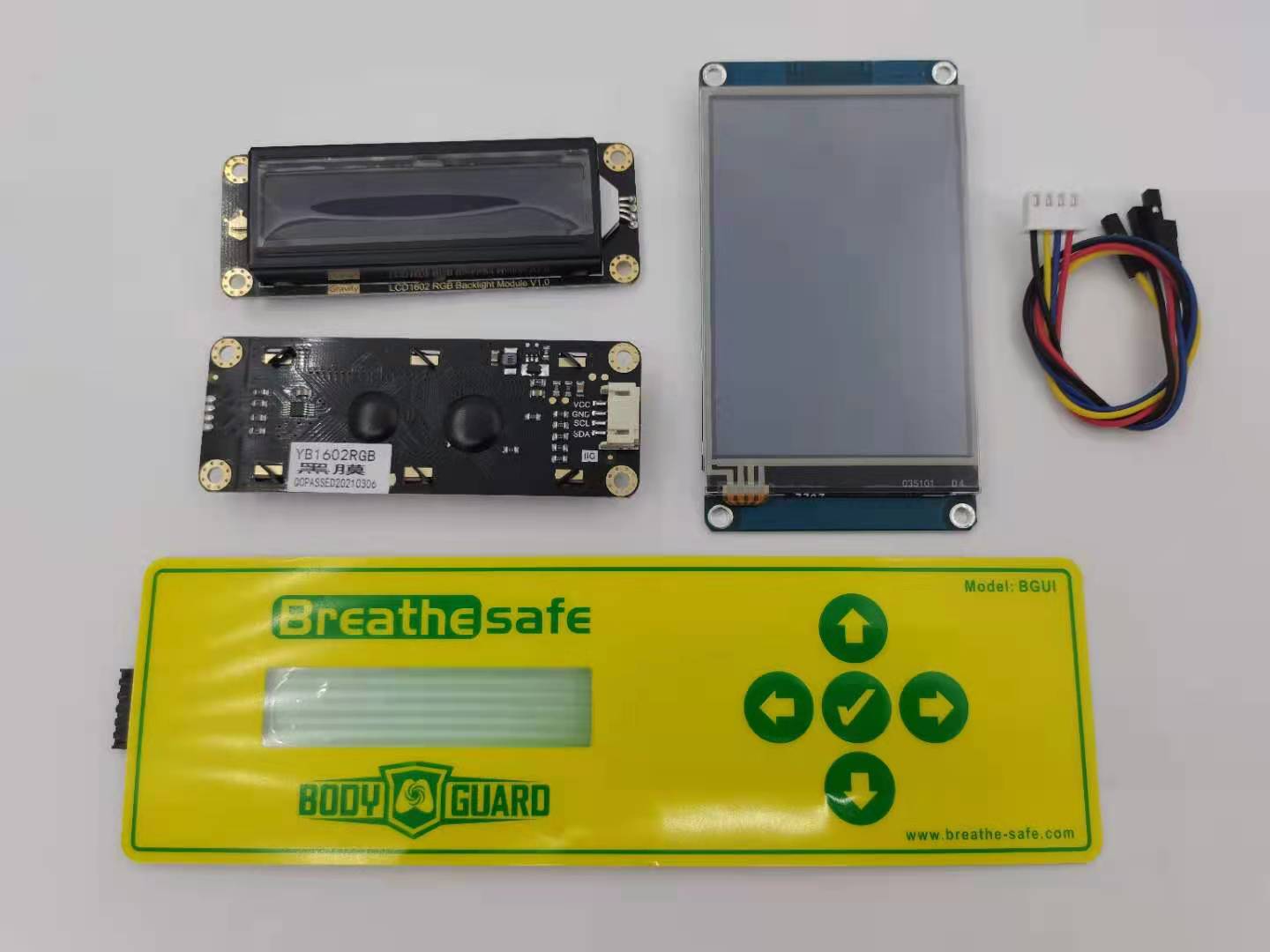
Glass substrate is an important raw material for the production of TFT-LCD, and its cost accounts for about 15% to 18% of the total cost of TFT-LCD. It has developed from the first generation line (300mm × 400mm) to the current tenth generation line (2,850mm ×3,050). mm), it has only gone through a short period of twenty years. However, due to the extremely high requirements for the chemical composition, performance and production process conditions of TFT-LCD glass substrates, the global TFT-LCD glass substrate production technology and market have long been used by Corning in the United States, Asahi Glass and Electric Glass, etc. Monopolized by a few companies. Under the strong promotion of market development, the mainland of my country also began to actively participate in the R&D and production of TFT-LCD glass substrates in 2007. At present, a number of TFT-LCD glass substrate production lines of the fifth generation and above have been built in China. It is planned to launch two 8.5-generation high-generation liquid crystal glass substrate production line projects in the second half of 2011.
This provides an important guarantee for the localization of upstream raw materials for TFT-LCD manufacturers in mainland my country and a significant reduction in manufacturing costs.
The most core part of TFT production technology is the photolithography process, which is not only an important part of determining product quality, but also a key part that affects product cost. In the photolithography process, the most attention is paid to the mask. Its quality determines the quality of TFT-LCD to a large extent, and the reduction of its use can effectively reduce equipment investment and shorten the production cycle. With the change of TFT structure and the improvement of production process, the number of masks used in the manufacturing process is correspondingly reduced. It can be seen that the TFT production process has evolved from the early 8-mask or 7-mask lithography process to the currently commonly used 5-mask or 4-mask lithography process, which greatly reduces the TFT-LCD production cycle and production costs.
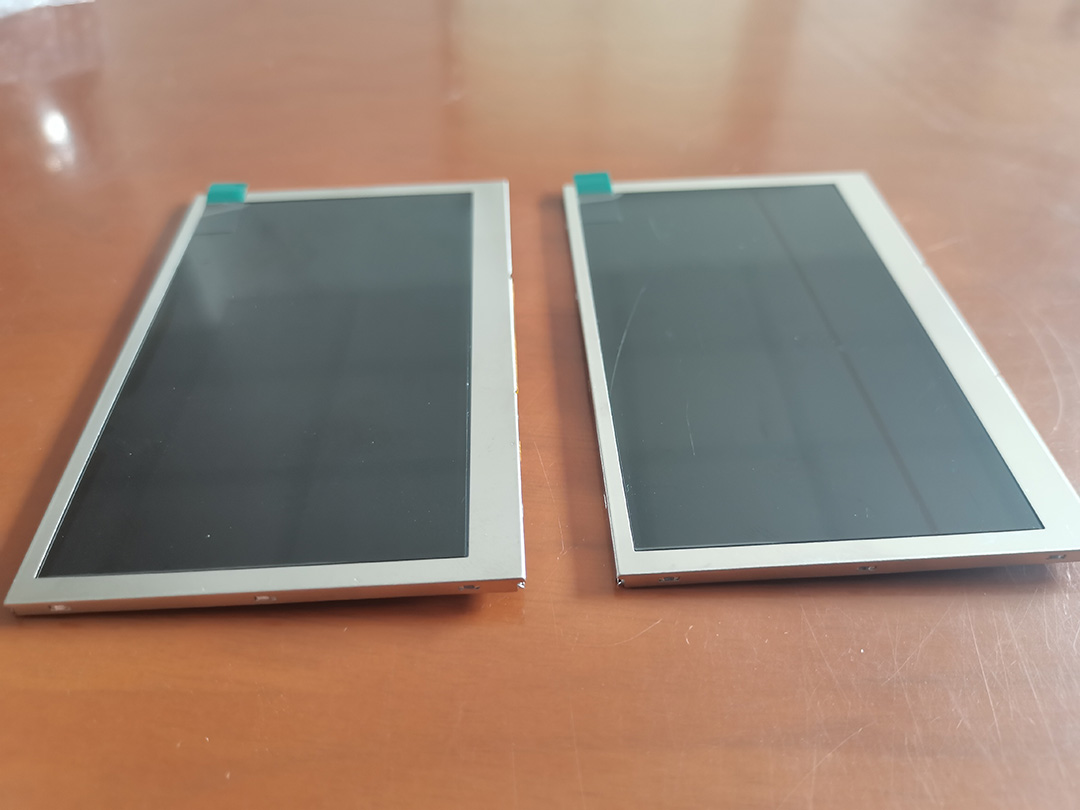
4 Mask lithography process has become the mainstream in the industry. In order to continuously reduce production costs, people have been trying to explore how to further reduce the number of masks used in the photolithography process. In recent years, some Korean companies have made breakthroughs in the development of the 3-mask lithography process, and have announced mass production. However, due to the difficult technology of the 3-mask process and the low yield rate, there is still further progress. Under development and improvement. From a long-term development perspective, if Inkjet (inkjet) printing technology makes a breakthrough, the realization of maskless manufacturing is the ultimate goal that people pursue.
Product detail pictures:
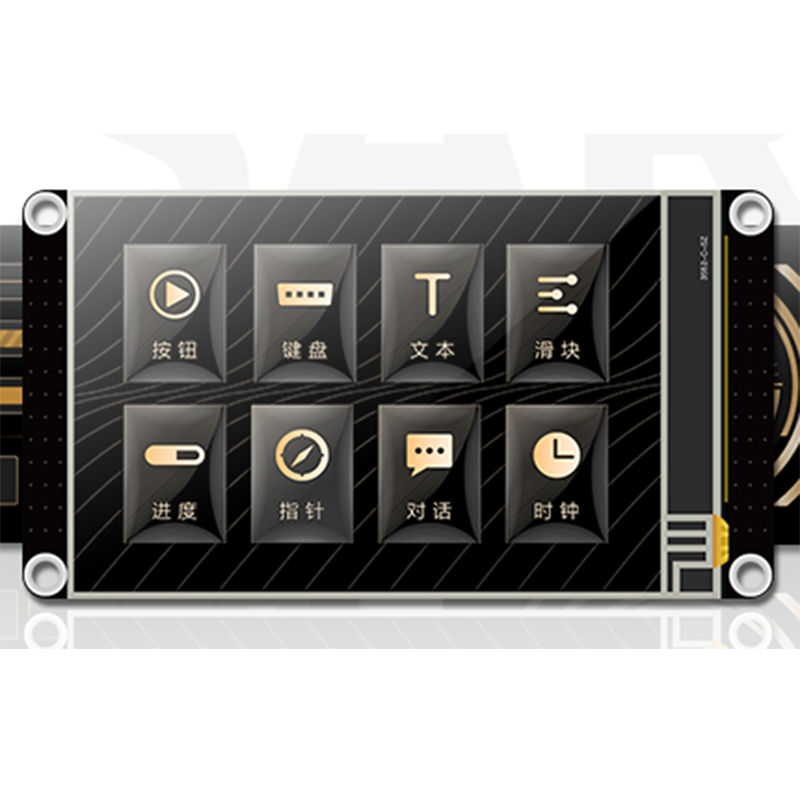
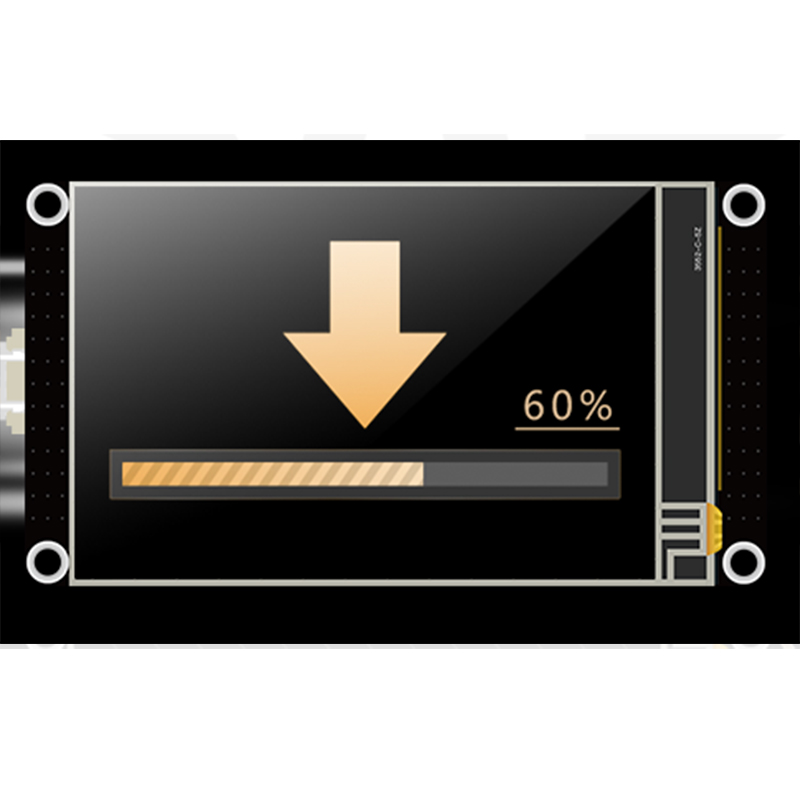

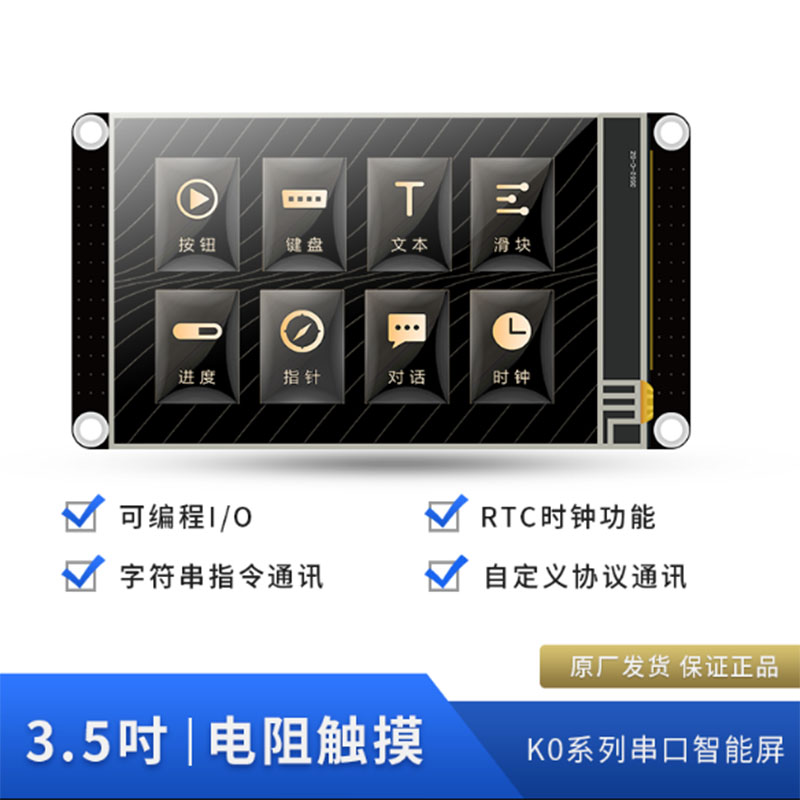
Related Product Guide:
We retain bettering and perfecting our goods and service. At the same time, we perform actively to do research and enhancement for Chinese Professional Monochrome Lcd - TFT-LCD membrane switch – Xinhui , The product will supply to all over the world, such as: South Africa, Cape Town, Hongkong, If you give us a list of merchandise you are interested in, along with makes and models, we can send you quotations. Remember to email us directly. Our goal is to establish long-term and mutually profitable business relationships with domestic and overseas clients. We look forward to receiving your reply soon.
The goods we received and the sample sales staff display to us have the same quality, it is really a creditable manufacturer.


